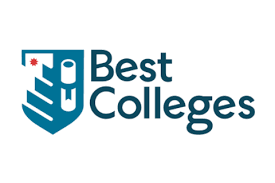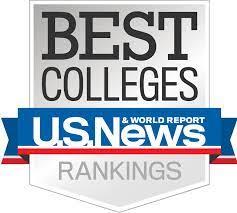- Troy High School
- College/University Information
- Historically Black Colleges & Universities
Counseling
Page Navigation
- Counseling
- 2025 Senior Reflections and Awards
- How to See Your Counselor
- Course Registration & Course Profiles
- College & Career Center
- Personal/Emotional Health Resources
- AP, PSAT, SAT & ACT
- College/University Information
- Financial Aid
- Graduation Requirements
- Internships and Mentors
- NCAA, NAIA, & NJCAA Eligibility Center
- NOCE (North Orange County Continuing Education)
- R.O.P.
- Summer Enrichment/Pre-College Programs
- Transcripts
- Troy Tutoring Services
- Volunteer Opportunities
- Incoming Freshman Family Resources
Historically Black Colleges & Universities
-
What is an HBCU (Historically Black Colleges & Universities)?
HBCUs were first established in the 19th century to provide educational opportunities for Black Americans. Due to slavery and later segregation, Black Americans were denied admission to traditionally white institutions. The Higher Education Act of 1965 defines HBCUs as an accredited higher education institution established prior to 1964 whose "principal mission was, and is, the education of black Americans."
Currently, 105 HBCUs serve more than 228,000 students throughout the country. These schools operate as both public and private entities. While HBCUs historically served Black students exclusively, nearly a quarter of students enrolled in HBCUs were non-Black as of 2019.
HBCU Connect is the largest website online for information and resources related to the country's 105 Historically Black Colleges and Universities.
Learn about the best Historically Black Colleges and Universities in the United States. Discover key facts, such as tuition rates and prerequisites to graduate.
This U.S. News & World Report ranking measures the quality of the undergraduate education at Historically Black Colleges and Universities. These HBCUs were compared only with one another for this ranking.




